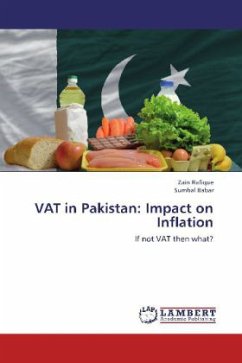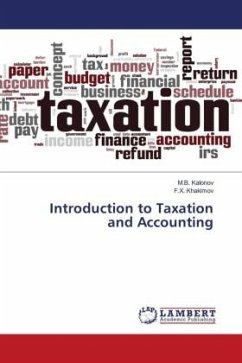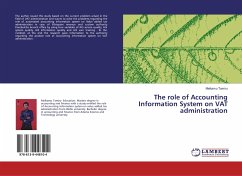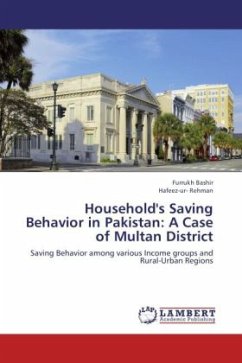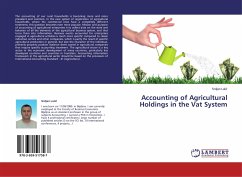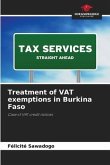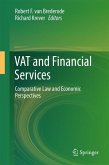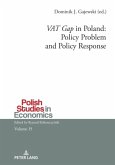Pakistan is at a crossroads of its fiscal policy planning process. Pakistan s economic performance has been marred by persistently high fiscal deficits which has resulted from the inability to raise sufficient revenues. Tax-to-GDP ratio is an important indicator to raise sufficient revenues. Unfortunately, tax-to-GDP ratio of Pakistan has remained stagnant at 10-11%, which is alarming.Pakistan needs to generate taxes to support its fragile economy. Value Added Tax (VAT) has been tried and tested all over the world and it has helped many economies to stabilize. Being an indirect tax, it needs to be rationalized according to local environment and business culture. Pakistan is being asked to implement a Reformed General Sales Tax Regime (RGST), a form of a VAT model, by International Monetary Fund (IMF) as part of the structural reforms required against the current economic bailout plan. VAT is being rejected with the reason that it would have adverse impact on Inflation. The present study is the first attempt in Pakistan to check the impact of proposed Value-Added Tax on Inflation and viability of implementing VAT in Socio-Economic conditions of Pakistan.

